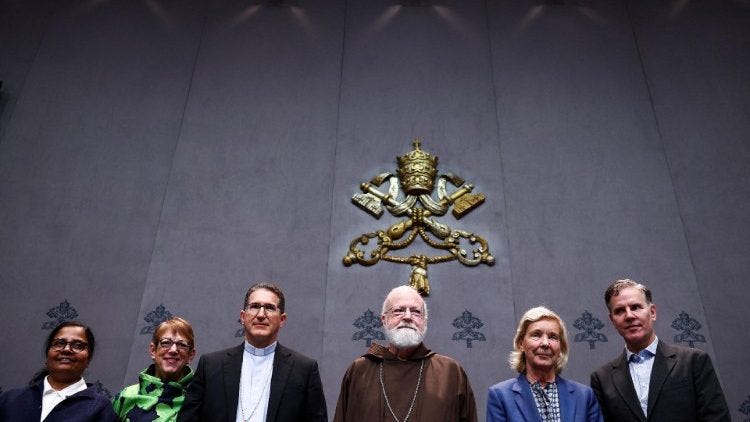Leo expected to appoint new PCPM president - Who will it be?
Who will Pope Leo choose to lead his safeguarding sounding board?
In his first major Vatican appointment, Pope Leo XIV is expected to appoint soon a new president for the papal global safeguarding commission.

The appointment, which Vatican sources say could come as soon as Saturday, comes as the Pontifica…
